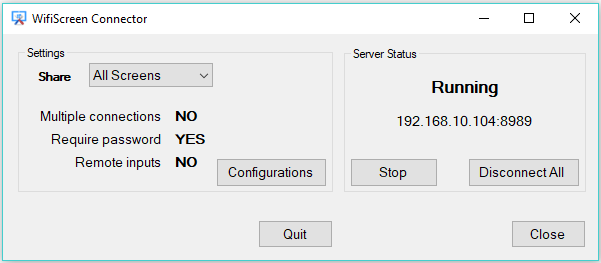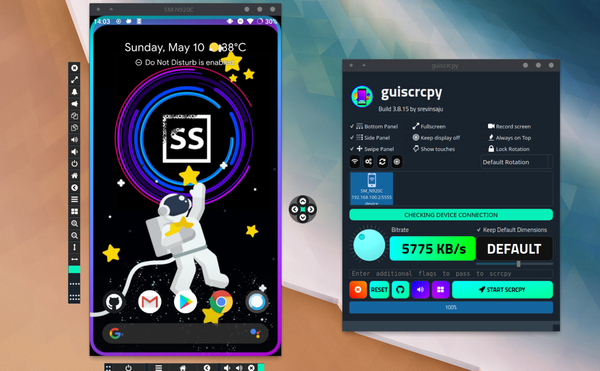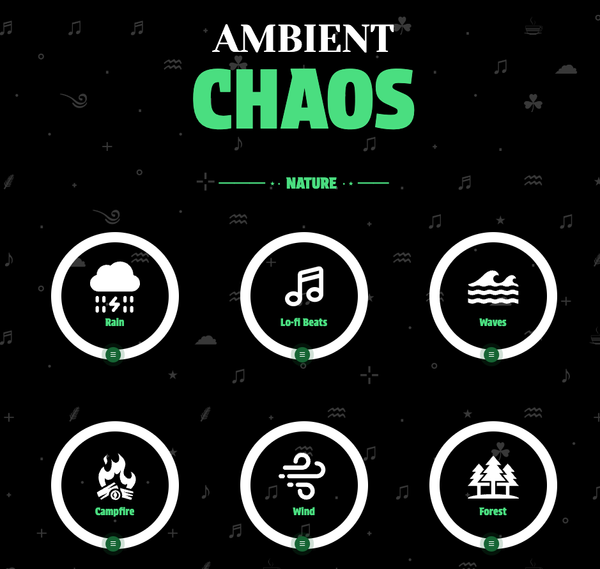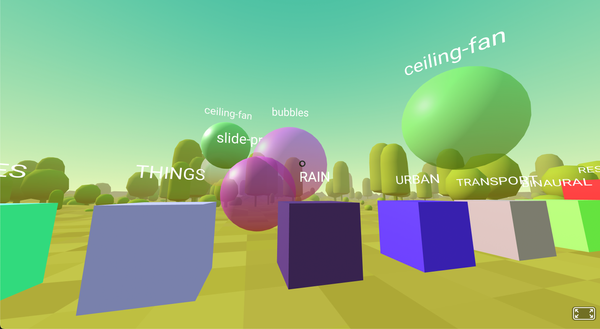The Future of Storytelling? 18 Free AI Tools for Creative Writing
Table of Content
Last night, I found myself staring at my screen, comparing two pieces of writing side by side. One was a story I'd spent weeks crafting, pouring my memories of childhood summers into each sentence.
The other was an AI-generated story I'd requested about a similar theme. The AI's work was technically proficient, even elegant in places, but something was missing – the fingerprints of human experience that make a story breathe.
As someone who has spent the last decade filling notebooks with half-finished novels and poetry scrawled at midnight, watching AI generate stories in seconds stirs complicated emotions in me. I've been experimenting with various AI writing tools, partly out of curiosity and partly out of a nagging fear that my craft might become obsolete. What I've discovered has surprised me.
Yet, my relationship with AI and writing has evolved beyond this initial skepticism. I've discovered that AI can be an intriguing creative partner rather than a replacement. When I'm stuck on a plot point, I sometimes ask an AI to generate ten possible directions the story could take. Not because I'll use any of them exactly as suggested, but because they often spark an eleventh idea – one that's entirely my own and better than what I would have thought of alone.
The difference, I've realized, lies in the nature of creativity itself. When I write, I'm not just stringing words together; I'm processing my lived experience through language. Every metaphor I choose is colored by memories: comparing moonlight to spilled milk because that's what it looked like on my kitchen floor the night I couldn't sleep after my first heartbreak. AI can combine existing patterns brilliantly, but it can't infuse words with the weight of lived experience.
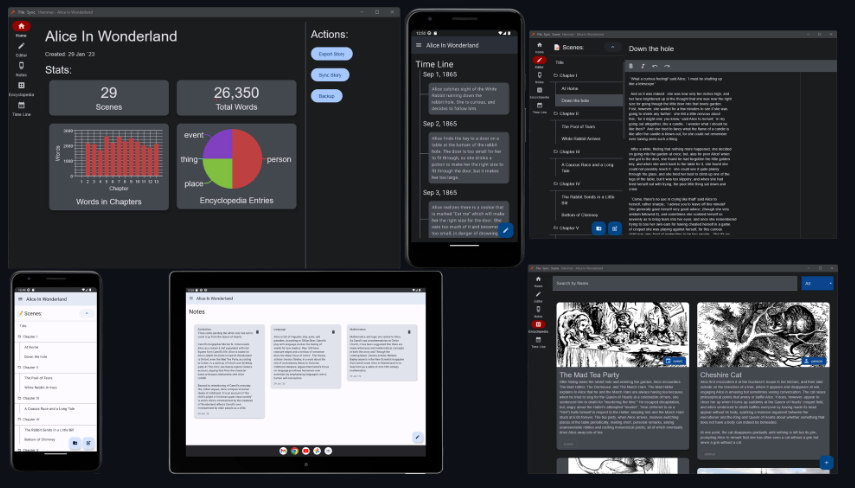
This realization has actually made me more confident, not less, about the future of human creativity. AI isn't the death of human storytelling – it's a new tool in our creative arsenal, like the shift from typewriter to word processor. When I use AI now, I treat it like a brainstorming partner who never gets tired, never judges my wild ideas, and sometimes helps me see patterns in my own thinking that I hadn't noticed.

The most valuable thing I've learned is that creativity isn't just about the final product – it's about the meaning we find in the creative process itself. When I write a story, I'm not just creating content; I'm making sense of my world, processing my experiences, and connecting with something deeper within myself. AI can help with the mechanics of creation, but it can't replicate this deeply personal journey of discovery.
AI Story Generators?
Looking ahead, I'm excited about the possibilities of working alongside AI in my creative process. It's not about replacement but enhancement – using AI to handle the heavy lifting of initial drafts or idea generation while focusing my human creativity on what matters most: the deep, meaningful work of turning raw experience into art that connects with others.
The future of creativity isn't artificial or human – it's both, working together in ways we're just beginning to explore. And as a writer, that feels like the beginning of an exciting new chapter rather than the end of the story.
In this following lis, we’ll explore 17 Free AI Story Maker and Generator Apps, diving into how they can inspire writers or simply mimic what's come before.
1- AI Story Generator 📚✨
This open-source project that we reviewed here, enables you to create a long novels easily with AI.
While it is written using Python, it comes with a rich set of tools, such as customizable prompts and models, cloud provider, translation support, and many more.
2- GPT Author
GPTAuthor is an AI tool for writing long form, multi-chapter stories given a story prompt. It helps you create AI-generated stories by starting with a human-written story prompt that describes your story outline, characters, and style.
After inputting this prompt, you select options like the model type, temperature, and number of chapters for your story. Using these inputs, GPTAuthor generates an AI-based synopsis with chapter summaries based on the number of chapters you've chosen.
Once the synopsis is created, you can review and edit it before moving forward. If the synopsis isn’t quite right, you can generate a new one until you're satisfied.
After that, ChatGPT writes each chapter iteratively, using the synopsis and preceding chapters to keep the storyline cohesive. The final story is saved in Markdown and HTML formats, ready for reading.
3- StoryToolkitAI
This is a free and open-source editing tool that uses AI to transcribe, understand content and search for anything in your footage, integrated with ChatGPT and other AI models.
4- Story Forge: AI-Powered Interactive Tale Weaver
Story Forge is a free, interactive AI-powered story platform where you become the protagonist. It allows choose your genre, make decisions, and watch as your choices shape a unique, personalized narrative.
With each chapter, you're both reader and creator, crafting a one-of-a-kind journey through your imagination.
5- Storyteller
Storyteller is a framework and app that is designed to simplify story-writing using a local Koboldcpp LLM.
It is built with PyQt, it organizes stories into chapters and scenes, optimizing for smaller context sizes by summarizing previous scenes and chapters to provide essential background information for each new scene.
6- Story writer
This is an AI-based story writer and Python library which uses OpenAI's chatGPT and Dall-E to generate PDFs with a story and a picture from a prompt and writes them into a PDF.
7- Scrolls
Scrolls is a free innovative text editor designed specifically for writers who want to work alongside AI technology. Its key feature is an advanced auto-complete system that goes beyond traditional word prediction.
Here's what makes it unique:
- Expanded Auto-Complete: Instead of just suggesting the next word, Scrolls can predict and suggest:
- Complete sentences
- Entire paragraphs
- Potential story continuations
- Pattern Recognition: The tool analyzes the existing text pattern to generate contextually relevant suggestions for what might come next in the story.
- Writer-Focused Design: Unlike general text editors, Scrolls is specifically built for creative writing, leveraging Natural Language Generation (NLG) models to enhance the writing process.
Think of it as having an AI writing assistant that can help complete your thoughts while maintaining the flow of your writing, but you remain in control of which suggestions to accept or ignore.
8- Story Droid
This Ruby script offers interactive AI storytelling using GPT-3. Originally started as an experimental project, it was later archived, but it still serves as a valuable example of how to utilize ChatGPT for storytelling.
9- StoryTeller
An AI storyteller using Stable Diffusion, GPT, and neural text-to-speech (TTS) to create multimedia stories.
Given an opening line, GPT writes the plot, Stable Diffusion generates images, and TTS narrates each line, resulting in a fully animated video with visuals and audio.
10- Alwrity - AI Story Writer
ALwrity is a work-in-progress, open-source AI content platform for creating contextual, factual content across websites, social media, and ads. It prevents AI hallucinations and generates SEO-optimized, web-researched content.
Its features include blog image generation, RAG-based content creation, and integration with local documents, web URLs, and PDFs. Build your AI content team with customizable AI agents.
11- Wordcraft
Wordcraft is an LLM-powered text editor developed by Google PAIR to assist short story writers. Utilizing models like Gemini, Wordcraft helps writers create engaging narratives by predicting text and enabling in-context learning through prompt engineering, simplifying the creative process with advanced AI tools.
12- Storyteller
The Storyteller is an app that generates stories from images by using an Image2Text model (BLIP) for captions and OpenAI's GPT-3.5 for storytelling.
The app's users can adjust creativity, genre, and story length, with a user-friendly interface that includes dark mode, story style options, and predefined examples for testing.
13- Ml&Opt - Leveraging Large Language Models for Creative Story Generation
This research paper and demo from the Spring 2023 CSCI 4968 course explores using large language models (LLMs) for creative story generation, aiming to produce coherent stories with strong narrative structures, character development, and plot progression.
14- GOAT-Storytelling-Agent
GOAT-Storytelling-Agent is an advanced AI tool for creating consistent, engaging long-form stories.
Using the GOAT-70B-Storytelling model, it allows users to control story creation from broad outlines to specific scenes.
15- AI Adaptive Story
AI Adaptive Story is an LLM-powered infinite story generator, fine-tuned to create immersive experiences, like playing as Odysseus in The Odyssey. Users step into the story, with text generated by a custom-tuned model.
The toolkit requires an OpenAI API key, which should be added to a .env file for access. Data and prompts for fine-tuning are stored in the data.jsonl file, allowing easy adaptation of the model for custom story scenarios.
16- WordWhiz - AI Story Generator
WordWhiz is an LLM-powered app built with Streamlit that generates short stories based on a few user-provided lines or an uploaded image.
It uses Clarifai's API to access models like GPT-3, GPT-4, and BLIP through a Python gRPC client.
17- AI Story Writing App
Story writing app where you can collaborate with AI to write fictional stories.
18- StoryCraft - Professional User Story Generator
StoryCraft is a sophisticated web application designed to generate high-quality user stories based on user prompts and additional input. Utilizing OpenAI's GPT-4 language model, StoryCraft presents user stories in an interactive chat-based format.




